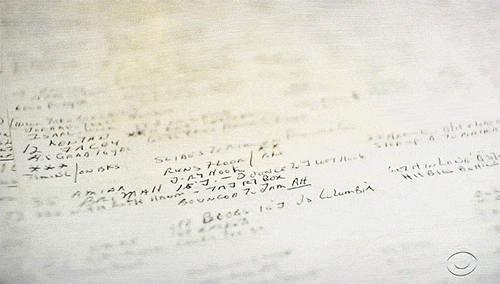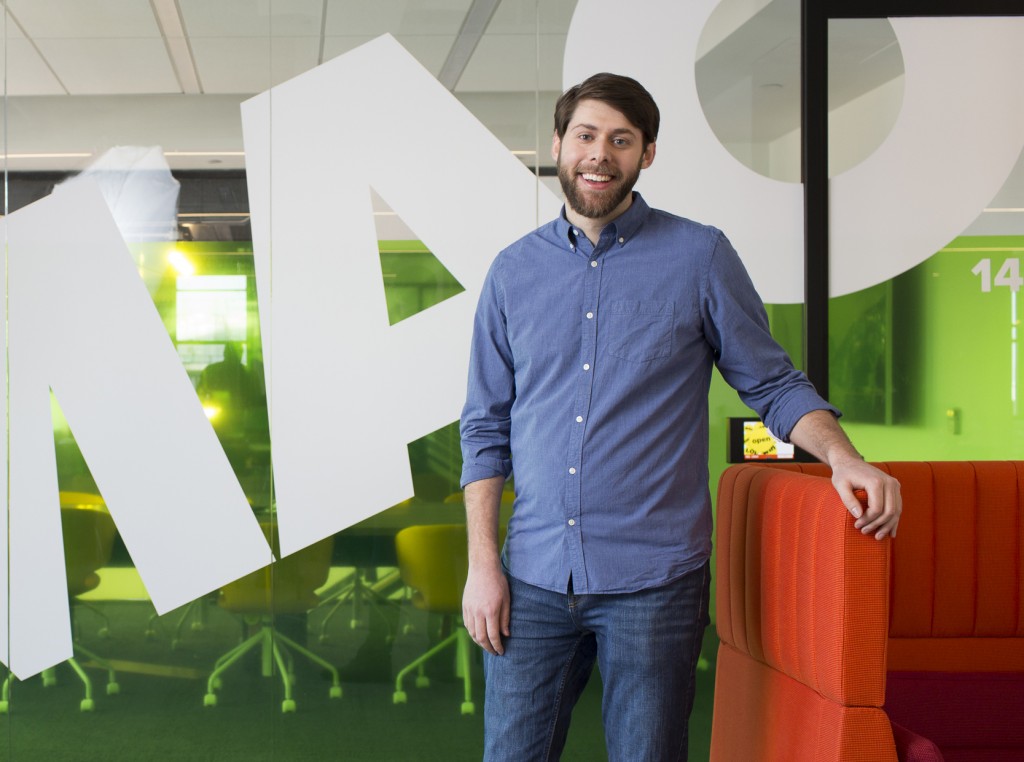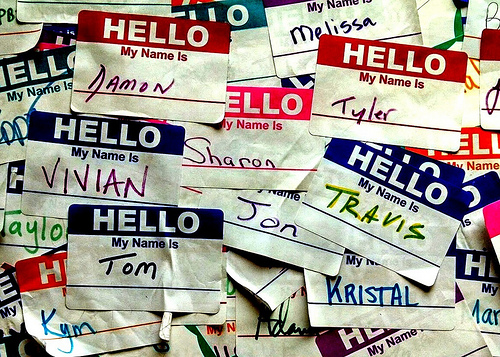I’m obsessed with learning about the habits of people I respect. It’s no surprise, but: Great people often have awesome habits.
Take my favorite sports announcer, a guy named Bill Raftery. If you’re a college basketball fan, you know his catchphrases: “Onions!” “With a kiss!” “Send it in, big fella!” But he’s also incredibly wise. When you watch a game with Raftery, you know that he’s seeing the play happen before it actually happens.
The wisdom isn’t just an act. A few years ago, the Wall Street Journal did a profile on Raftery where they revealed the secret behind his madness: A yellow legal pad stuffed with game notes and scouting reports on every team he covers:
Produced while he watches a half-dozen tapes of each team he’s assigned to cover, Mr. Raftery’s one-page, double-sided reports are written in capital letters and a tiny, crowded scrawl. But his 60-odd team reports are also meticulously structured and filled with countless diagrams, notes on player tendencies, strategic predictions and statistics that could only be the work of a person whose life is set to the rhythm of balls bouncing on wood.
The reports “are like the random etchings of John Nash from ‘A Beautiful Mind,’ ” said Ian Eagle, the CBS play-by-play announcer who has worked alongside Mr. Raftery for years. But, Mr. Eagle added, “because his personality is so strong and effervescent, his basketball preparation often gets overlooked.”
This spring, CBS aired a documentary on Raftery, and they showed off his game notes. I couldn’t believe the detail in them:
If anything, the Journal article understated how in-depth he goes with his game prep. His print is tiny, and he squeezes notes into every square inch of those yellow pages. If you watch a Raftery-called game, he won’t bring up 95% of the stuff in his notes.
So why does he do it?
“I think it takes a lot to know a little,” he said in the documentary. “You try and know everything that they do, not to be a know-it-all, but just to be aware.”
It takes a lot to know a little. How great a motto is that? You study and prep for any situation. Most of the prep work will go unnoticed, but that’s OK. Whatever happens, you’ll be ready.
———
That GIF was taken from the Bill Raftery documentary “With A Kiss.’








